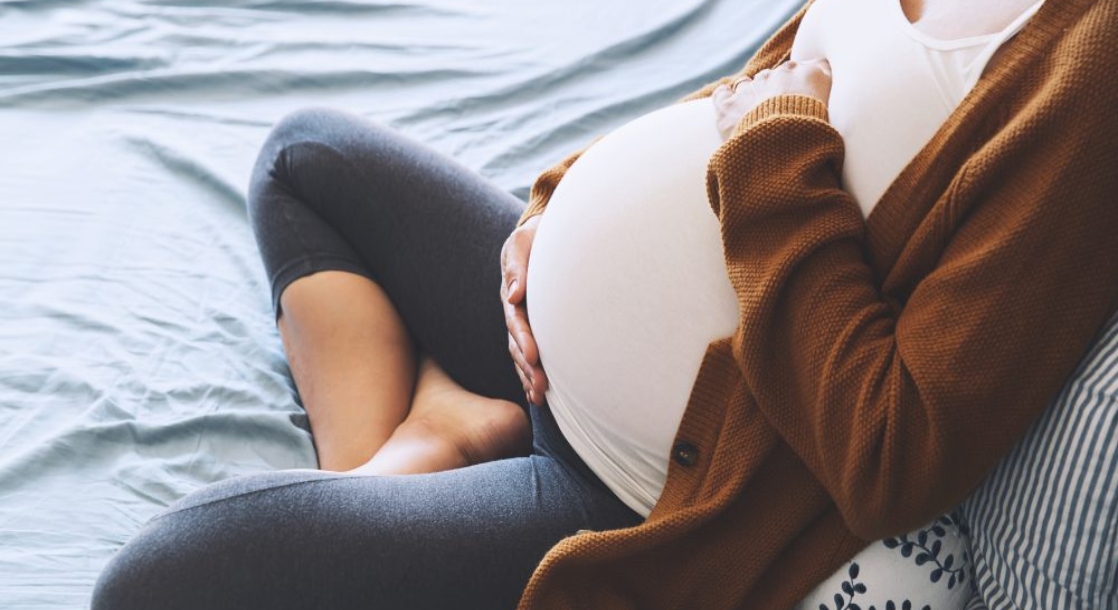Two new studies published in the most recent Journal of the American Medical Association (JAMA) are reporting new concerns about the use of cannabis by pregnant women.
In the first of these studies, researchers from the National Institutes of Health reported that the rate of pot use among pregnant women has almost doubled over the course of 15 years. The study compiled data from 4,400 pregnant women who took the National Survey on Drug Use and Health between 2002 and 2017. In 2003, 3.4 percent of pregnant respondents admitted to smoking weed within the past month, but by 2017, that statistic rose to 7 percent.
The second study, conducted by a team of doctors from universities and hospitals in Ottawa, Canada, found an association between prenatal exposure to cannabis and premature birth. The researchers conducted a matched analysis of 5,639 women who used marijuana while pregnant to 92,873 women who did not. The study found that the rate of pre-term birth was 12 percent for cannabis users, compared to 6 percent for non-users.
Dr. Michael Silverstein, a pediatrician at Boston Medical Center’s Grayken Center for Addiction, told WBUR’s Here and Now podcast that “the dialogue around cannabis use, at least to date, has really been defined as sort of a misperception of safety,” but this new research “really provides data to refute that perception.”
Some studies have suggested that prenatal cannabis exposure can increase the risk of stillbirth, or interfere with the development of a child’s visual-motor coordination, but the hard science is far from conclusive. Researchers know that THC can be transferred from mother to child via breast milk, but the exact effects of this THC exposure are unknown. Still, due to the unknown potential risks, the vast majority of doctors strongly recommend that pregnant women avoid cannabis.
Regardless of concerns raised by medical professionals, many cannabis dispensaries still recommend that pregnant women use marijuana to treat symptoms of morning sickness, anxiety, and insomnia. Last year, a study reported that 70 percent of Colorado dispensaries recommended cannabis as a treatment for morning sickness.
“There’s a fairly widespread phenomenon of marketing cannabis to pregnant women for morning sickness,” Silverstein told Here and Now.
Dr. Silverstein is adamant that this new research should be used as a springboard for deeper, more detailed research, however — and not as a tool to pass judgement on pregnant cannabis users. In an editorial accompanying the two JAMA studies, Silverstein explained how flawed studies on in-utero cocaine exposure were twisted by the media to create racist “crack baby” stereotypes.
“It’s easy to take these data and imbue them with judgment on women,” Silverstein wrote. “And I would say we, as a lay community and as a medical and public health community, should really heed the lessons of past dialogues around alcohol, cocaine use, and others.”











